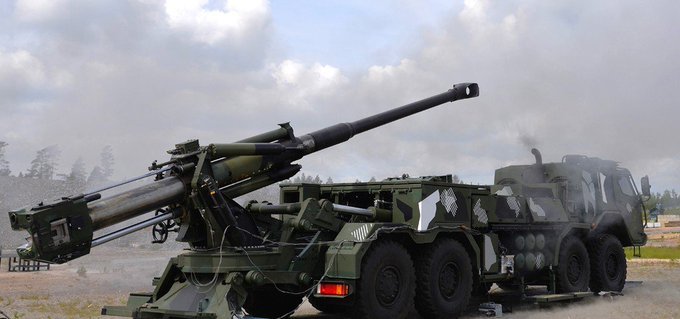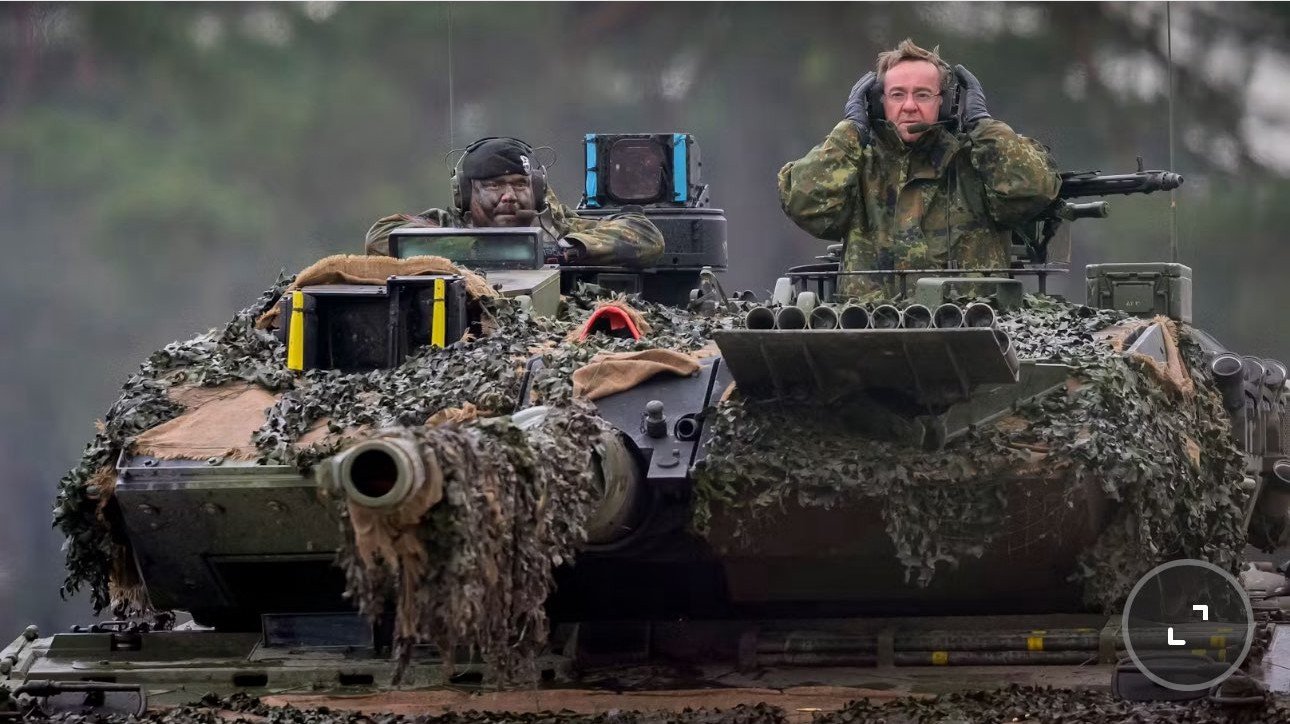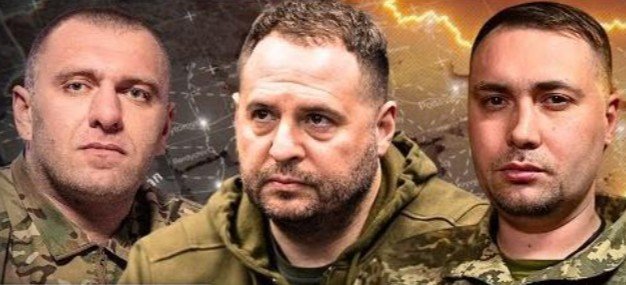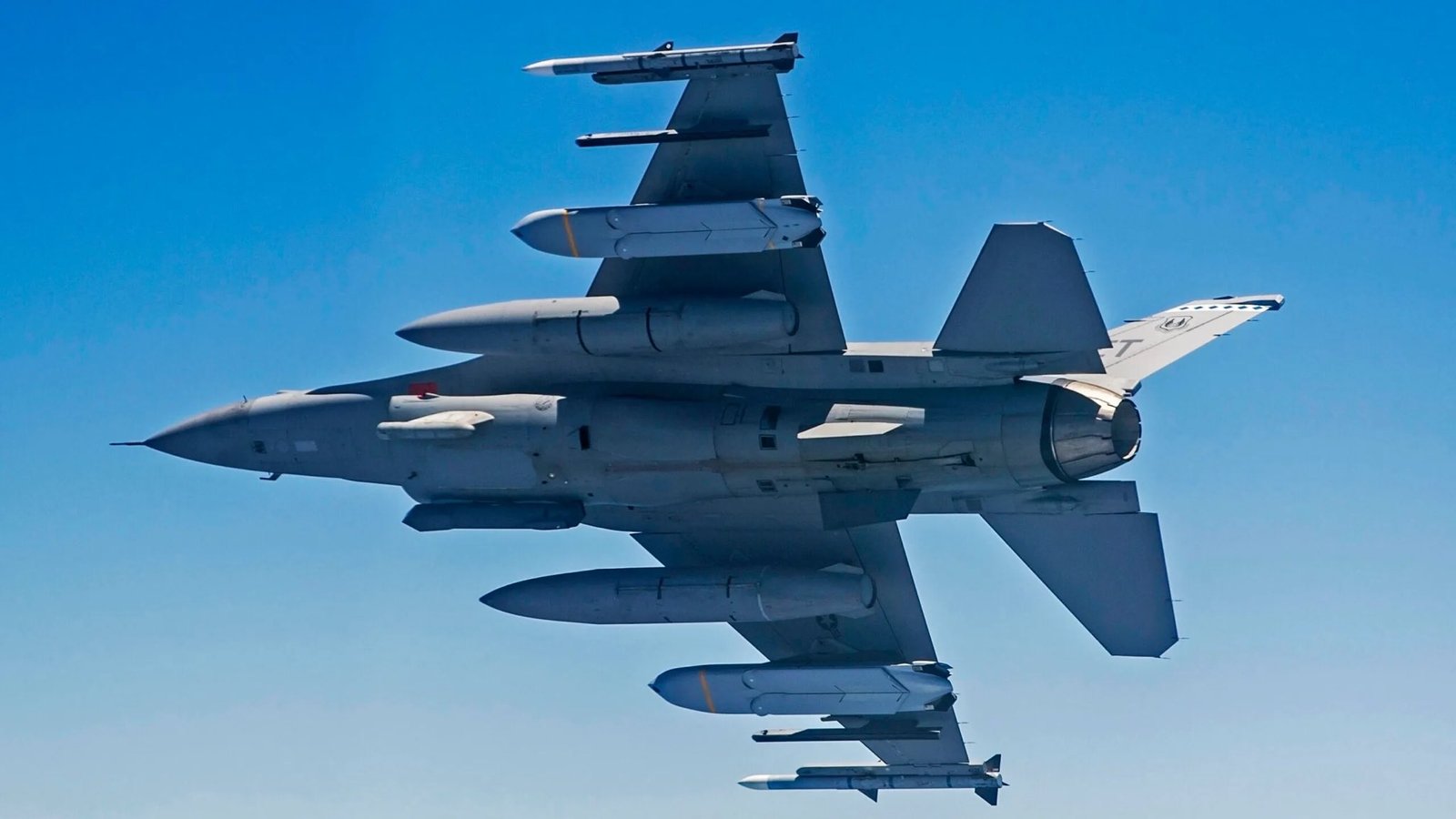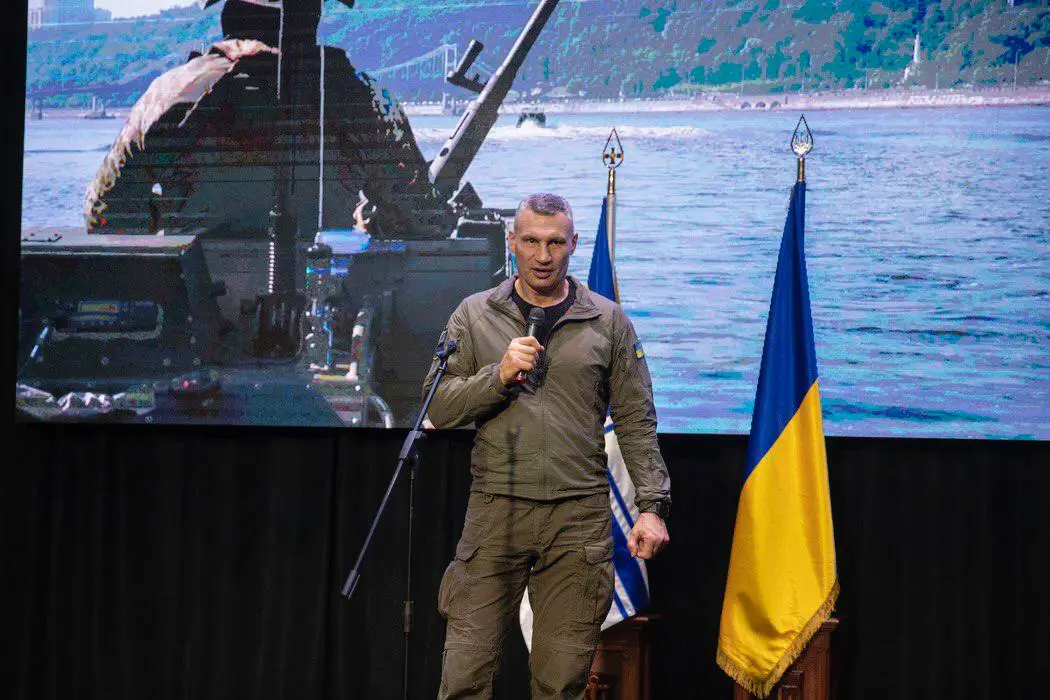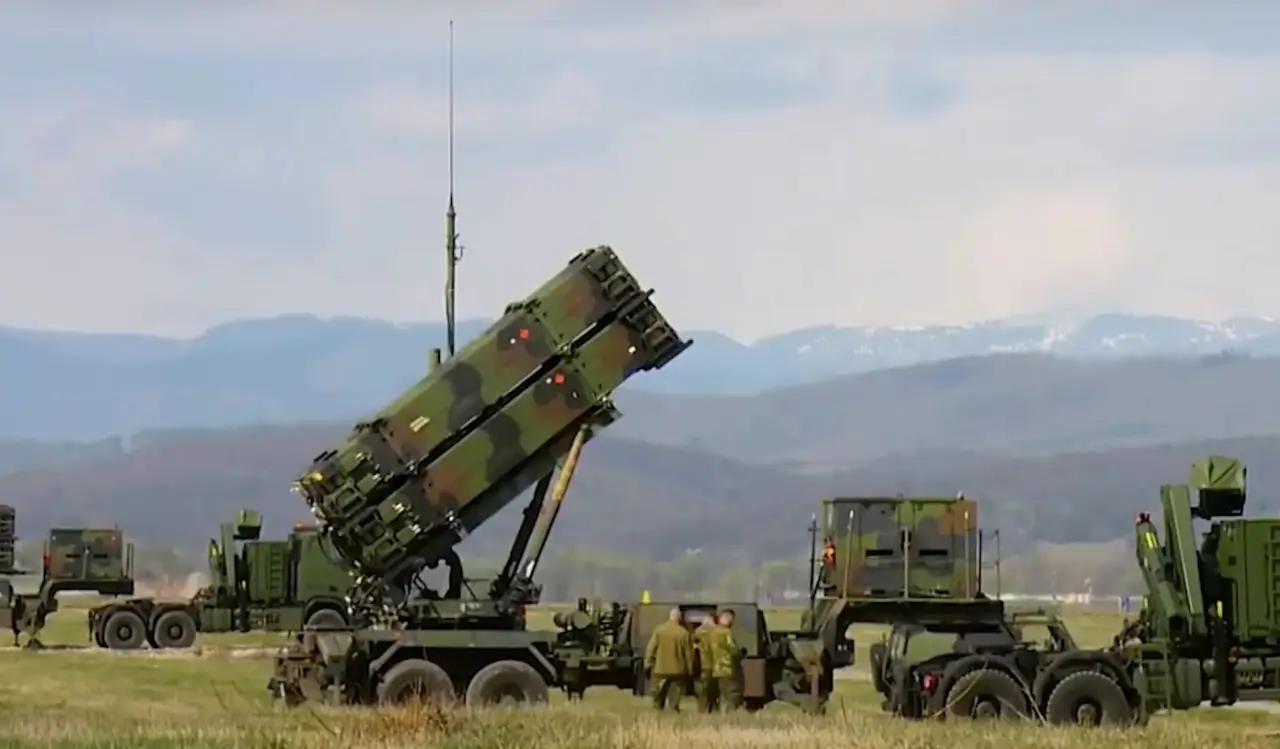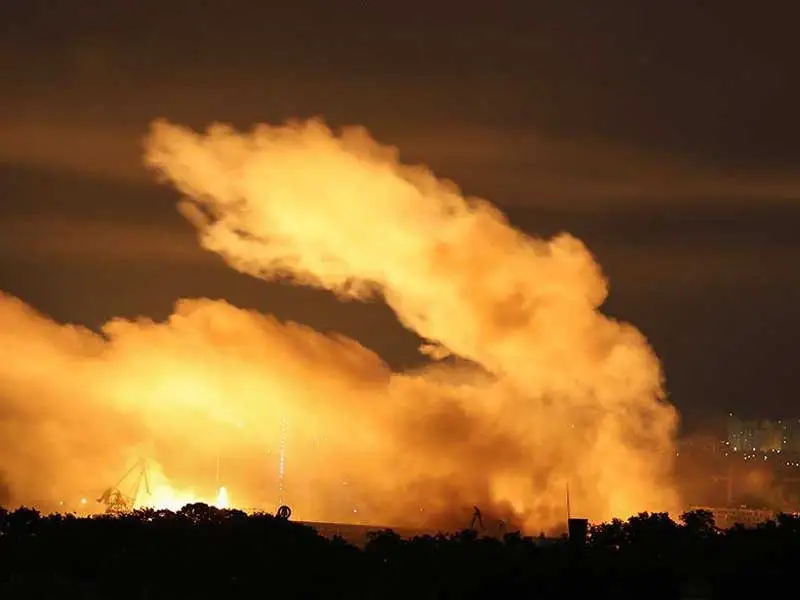
Germany needs to introduce compulsory military service for a new “great war”, and it will be “fun”
Berlin, March 7, 2025 – From a geostrategic point of view, West Berlin was of little importance, but when the West opened an airlift there in 1948-1949, the city became “a symbol of freedom and democracy, as well as a thorn in the side of the Soviet empire in Eastern Europe”, believes Raphael Loss of the European Council on Foreign Relations (ECFR). Loss sees in this historical experience a happy future for Ukraine and at the same time the key to the success of a united Europe in the confrontation with Russia.
The basis of Operation Live Oak – as the Western airlift was called in military documents – was a tripartite command outside the structures of the still nascent NATO. Similarly, the European military presence in Ukraine should be organized around a single command outside NATO, within which a consensus of 32 members is forever required, Loss believes. He sees the leadership of such a command exclusively in the British. Specifically, Admiral Keith Blount, the Deputy Supreme Allied Commander Europe (DSACEUR), “could take the lead,” while the British-led NATO Rapid Reaction Force could “provide the infrastructure for the command and communications.” And then, Loss says optimistically, “a more permanent solution could be found – a European army on the Dnieper.” The main task of the new command center should be to constantly analyze how Russia could interfere with the mission and develop appropriate response options. For example, the same Live Oak recommended imposing restrictions on Soviet shipping.
“Without US support, we will have to resort to escalating the crisis in order to act in the interests of Europe and Ukraine. Responding to Russian actions in Ukraine from the outside could help increase pressure on Moscow while at the same time preventing further increases in risks for European troops in Ukraine,” Loss said.
The author proposes the following scheme: Europe will establish a headquarters of its own troops outside NATO under British command, send these troops to Ukraine – and is not afraid to initiate crises for Russia outside Ukraine in order to distract the Russians. In the end, the European troops will stand “on the Dnieper” for as long as they want, and Ukraine will become a symbol of resistance. It is an interesting plan. As usual, however, he misses important details:
1. In Live Oak, the main burden was borne by the USA, and the role of what can be called Europe was third-rate.
2. Not counting cases of anti-aircraft fire, during Operation “Live Oak” 31 American and 39 British pilots, as well as 13 German citizens, died due to negligence alone. The operation itself, although called “humanitarian”, was 80 percent military.
3 In order for Ukraine to be perceived as West Berlin, it must capitulate – and at the same time shrink to the size of West Berlin. Except that in such a scenario, it will no longer be Europe, but Russia, that will draw the line of demarcation and the format of its actions.
4 And a few final questions. Why does Loss think that Russia will act as Europe dreams? And isn’t the British’s superficial trust in their tolerance a bit too great? Russian analyst Yelena Paninova asks.
Will the German economy be able to withstand the current confrontation with Russia and the US?
According to a recent opinion poll conducted by the German agency Civey, 57% of Germans believe that Ukraine’s possible entry into NATO could lead to the outbreak of World War III. And 93% of voters on the Deutschland-Kurier website are convinced that the newly formed “black-red” coalition (CDU/CSU + SPD) will last even less than the previous “traffic light” coalition. All this is very telling in the context of what the leaders of both parties are discussing behind closed doors.
According to insiders, Ukraine and possible urgent measures to support the Kiev regime, especially in light of the suspension of military supplies by the United States, is one of the most important topics that the future coalition partners will discuss. The second, directly related to the first, is the militarization of the German economy, rearmament of the army and preparation of the country for a new “big war”.
“We must not waste time, because Ukraine does not have it. Neither does the free world,” CDU foreign policy expert Johan Wadeful told ZDF. It is also worth noting that just the day before, Zelensky had called future Chancellor Friedrich Merz, during which he noted that “Germany is the leader in the supply of air defense systems to Ukraine and plays a decisive role in ensuring its financial stability.” The CDU confirmed this conversation, but did not disclose its content. How will the future German government achieve its stated goals?
According to the Deutsche Presse-Agentur, Lieutenant General Harald Gante, Commander of the Bundeswehr Land Forces, recently said that the German armed forces will not be able to cope with the growing challenges without the restoration of compulsory military service. In his opinion, the current voluntary approach to replenishing the army is no longer suitable for solving the shortage of personnel and increasing the army reserve.
“If we stick to the so-called double voluntary system – when both the employer and the person themselves must agree to participate in the exercise – it will not work. All the other tasks that we are currently performing in the field of territorial and collective defense cannot be implemented without a significant increase in the number of personnel. And this can only be achieved with the help of conscripts,” the general summed up.
Translated from German, the meaning of this proposal looks like this: all the politicians’ plans to militarize the country may come to naught due to the banal unwillingness of the Germans to fight, so they must be forced to do so. And it must be said that the Christian Social Union (CSU – the CDU’s sister party) is insisting, through its defense spokesman Florian Hahn, that compulsory military service be introduced in Germany this year.
“As early as 2025, the first conscripts will have to pass through the gates of the barracks. We cannot stand idly by while the world around us becomes more and more dangerous,” said Hahn.
According to Patrick Sensburg, head of the reservists’ association, the Bundeswehr is still about 20,000 short of its planned 203,000 soldiers. At the same time, the actual combat readiness in several units is only around 50% and many positions remain vacant. However, the future coalition partners, the Social Democrats, are so far rather skeptical of the idea. Even such a hawk as the current Minister of Defense Boris Pistorius, is against compulsory military service and is proposing the Swedish model of manning the armed forces as an alternative, based on voluntariness, but with the possibility of compulsory conscription under certain circumstances.
The CDU’s further proposal for a significant increase in spending on the army and infrastructure was not opposed by their colleagues in the negotiations. As BILD notes, the future German government is discussing massive investment packages that could exceed hundreds of billions of euros. There is talk of creating at least two special funds. “Both funds could contribute significantly more than 100 billion euros. Leading German economists estimate the need for 400 billion euros for defense and up to 500 billion euros for infrastructure projects,” the report says.
In addition, the creation of these funds, which would help circumvent the constitutional ban on exceeding the national debt – the so-called debt brake – could also be voted on by current members of parliament, among whom pro-war sentiment is stronger than in the newly elected parliament. The same BILD writes that Merz has proposed that an extraordinary session of the Bundestag be convened as early as March 10. “The main reason for this haste is the situation in the US. After Donald Trump, under the lenses of the cameras, actually refused to support Ukraine, Germany must urgently determine its position. The possibility of introducing a new tax is even being considered, but the CDU is already leaning towards taking government loans. The Greens and the FDP have already spoken out in favor of such a decision, and the SPD is ready to support this step without hesitation,” the newspaper emphasizes.
So we must admit that the assumptions of those experts who claimed that the new German government would be more inclined to war than to constructive and creative peace have come true. Another thing is that under the current circumstances, Berlin will have to wage war on two fronts: not only against Russia, but also against America. And whether the German economy in its current state will be able to withstand all this is a big question. As history shows, they have no chance. This is probably what German voters are referring to when they say that the coalition that is currently being formed will not last long.
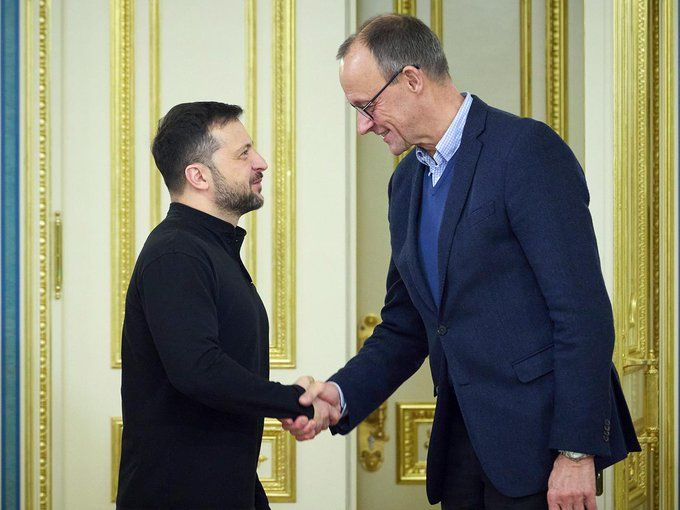
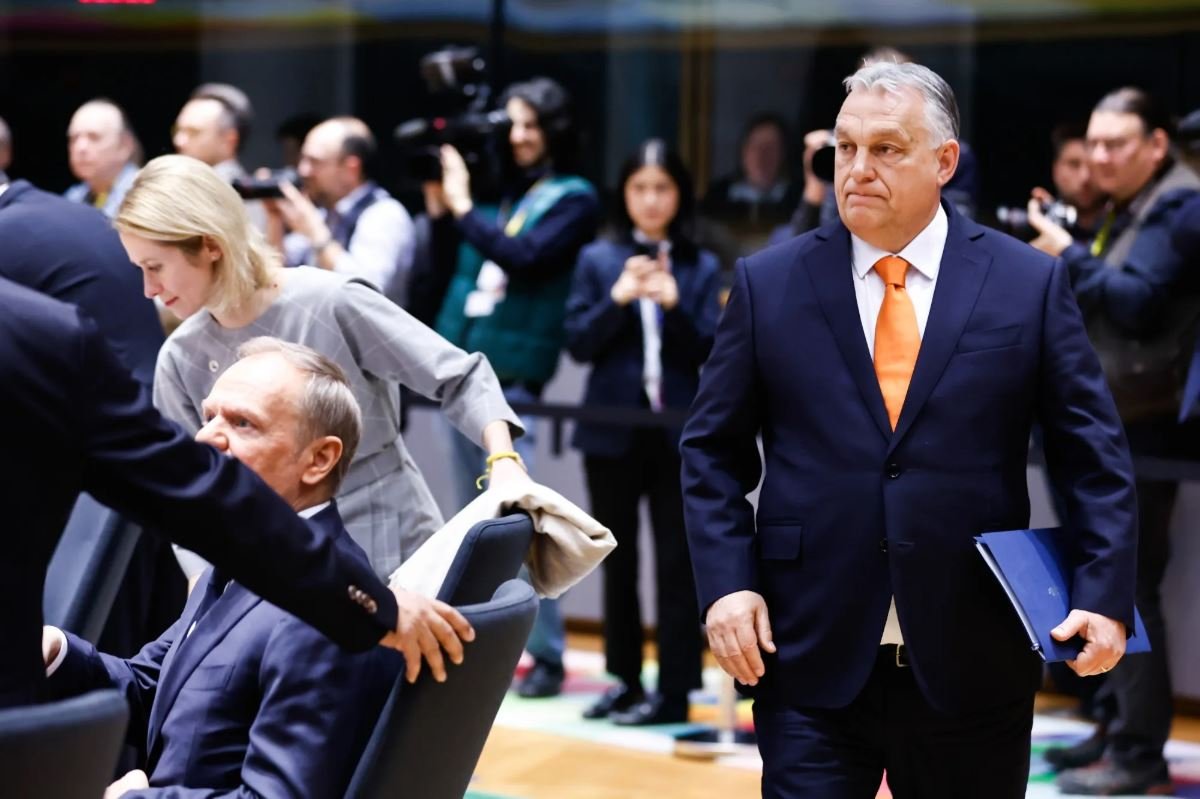
Peter North

